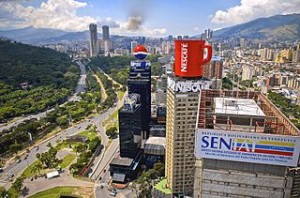Attitudes towards expansion of certain types of worker’s rights, such as same-sex marriage, do not get the same kind of wide-spread support in Japan as they do in the United States. In a move that is out of step with the prevailing cultural and business attitudes held in Japan, Panasonic has, albeit quietly, recognized the legitimacy of same-sex partnerships.
Panasonic decision is highly unusual, and although it is bold, it is unlikely to be the beginning of a new trend in Asia. “Coming out” is highly problematic in countries like China, South Korea and the Philippines, as well as much of the rest of Asia. Not only do the individuals coming out face extreme ridicule, their families also have to endure abuse and even ostracism.
Lenny Sanicola, an expert on employee benefits policy at a Washington DC-based non-profit called WorldatWork, thought Panasonic’s low-key approach to their announcement was a mistake. He said that “Panasonic would be a pioneer in Japan,” if they would announce their new policy loud and clear to the entire world. The message they would project would show that the company placed a high value on diversity, thus attracting younger talent to Japan, a country that is aging quickly.
Sanicola added that it is just a matter of time until the Asian countries adopt the same position as that held in Europe and North America.


